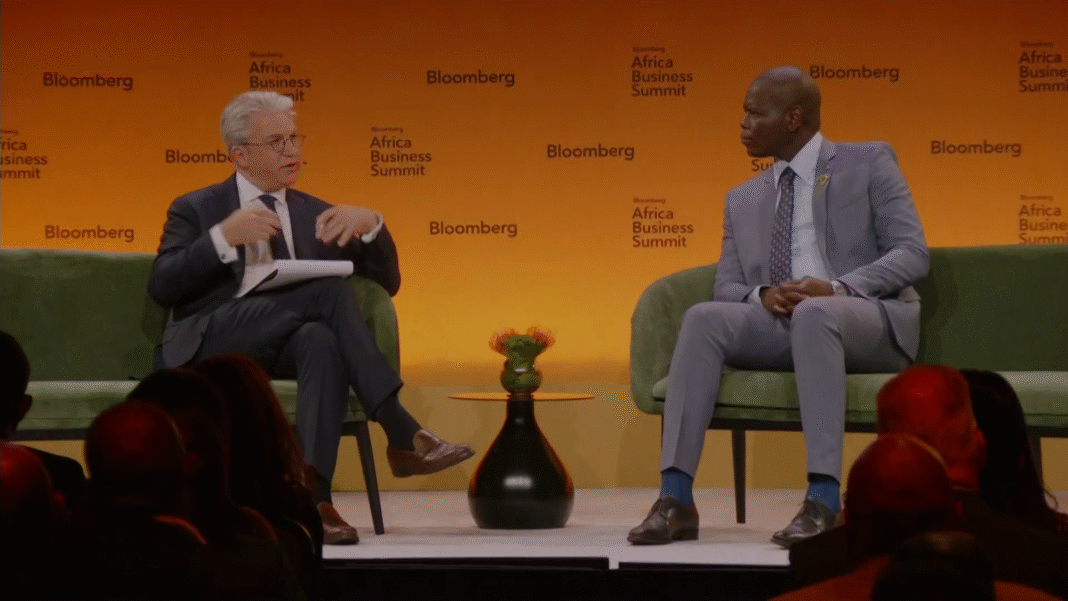G-20 Summit: A Pivotal Moment for Global Financial Reform
In a world increasingly characterized by economic turbulence and the need for cooperative strategies, the upcoming G-20 summit is poised to be a significant event. Leaders from the world’s most prominent economies will gather to discuss vital reforms to the global financial architecture, with or without the presence of U.S. President Donald Trump. South Africa’s Foreign Minister, Ronald Lamola, emphasized the importance of this gathering, underscoring the potential for collective action among the nations.
A Shift in Global Dynamics
The absence of the U.S. president brings a unique perspective to the summit. Historically, the United States has played a pivotal role in shaping global economic policies and ideologies. However, Lamola’s statements suggest a readiness among G-20 nations to forge ahead with reforms, indicating a potential shift in global dynamics. This development highlights an opportunity for other economies to step into leadership roles, fostering a more inclusive and diversified approach to global financial governance.
Key Agenda Items on Financial Reform
At the heart of the summit lies the pressing need for global financial reform. The current architecture, developed decades ago, is increasingly seen as inadequate in addressing contemporary challenges such as climate change, sustainable development, and digital transformation. The leaders are expected to discuss a range of topics including:
-
Addressing Inequalities: Economic disparities have widened, both within and between nations. G-20 leaders will explore measures to promote equitable growth and ensure that the benefits of globalization are more widely shared.
-
Climate Change Financing: As the world grapples with climate challenges, there is an urgent need for enhanced financing mechanisms. Discussions will likely focus on mobilizing resources for sustainable development projects and transitioning to more environmentally friendly economies.
-
Digital Currency Regulations: With the rise of cryptocurrencies and digital currencies, regulatory frameworks will be a key point of discussion. Leaders will assess potential guidelines to ensure stability while fostering innovation.
South Africa’s Role in the Summit
As the host nation, South Africa has a unique opportunity to shape the narrative of the discussions. Lamola’s remarks reflect a sense of urgency and responsibility that his country feels in this global context. By facilitating dialogues around these crucial issues, South Africa aims not only to enhance its standing within the international community but also to push for reforms that align with the continent’s developmental goals.
The Broader Implications for International Cooperation
The G-20 summit is not merely about financial reform; it is also a platform for reaffirming international cooperation in the face of rising nationalism and protectionism seen in some countries. By emphasizing a united stance, G-20 leaders can send a clear message that collective action is essential in navigating global challenges. The summit serves as a reminder that multinational cooperation is vital, regardless of any single leader’s participation.
Final Thoughts from Diplomacy Experts
Experts in international relations and economics have noted the significance of this summit in the broader context of global governance. The discussions will be watched closely by various stakeholders, from policymakers to private investors, eager to gauge the direction of international economic policy. This summit represents more than just another meeting; it is a moment for nations to reflect on their strategies and the collective future they wish to build.
In summary, the G-20 summit promises to be a pivotal moment for global financial reform. With key discussions anticipated on pressing issues, the world will be looking to these leaders to chart a course towards a more equitable and sustainable future.



